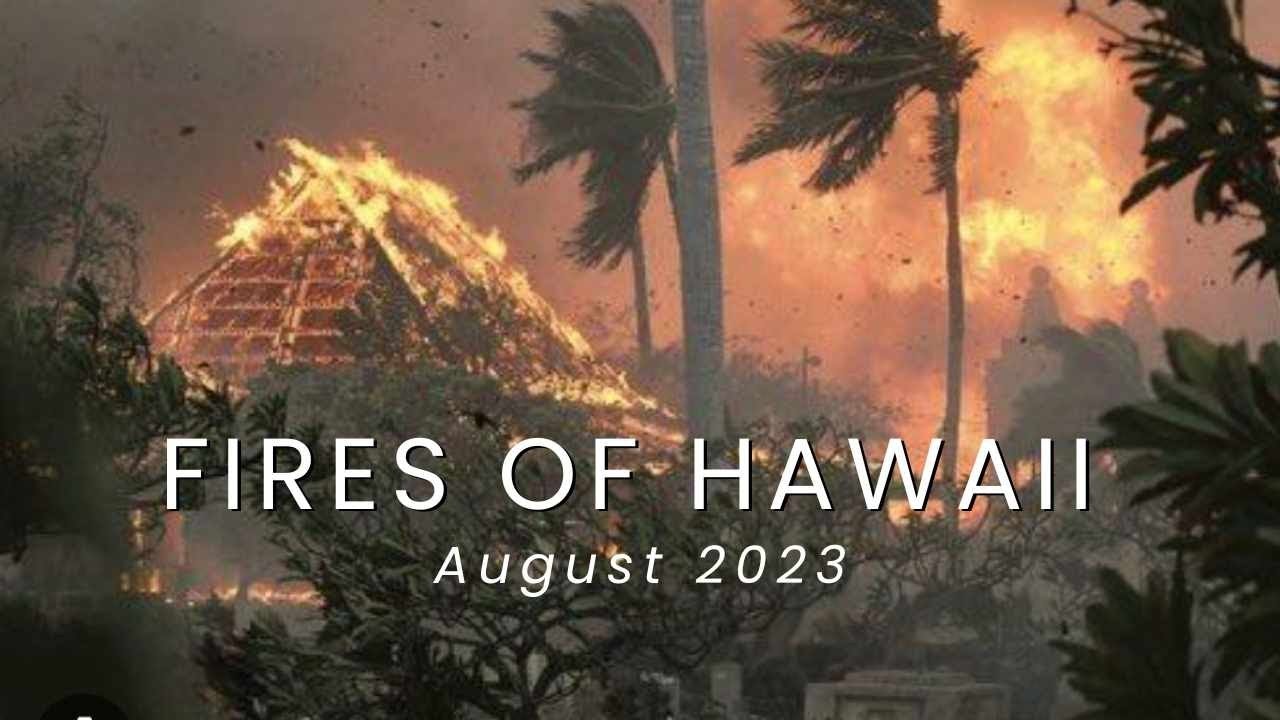Plantation disaster Capitalism: the Maui Fire!

With the death toll from the Maui wildfires at 111 and as many as 1,000 still missing. Decades of neocolonialism in Hawaii have redirected precious water resources toward golf courses, resorts and other corporate ventures.
Now many Hawaiians say there is a power grab underway as real estate interests and other wealthy outsiders look to buy up land and water rights on the cheap. As people are still reeling from the loss of their family members, livelihoods and communities. “Plantation disaster capitalism is, unfortunately, the perfect term for what’s going on,” says Sproat, who just published a piece in The Guardian with Naomi Klein.
The plantations, the large landed interests that have had control over not just the land, but really much of Hawaii’s and Maui Komohana’s resources for the last several centuries, They are using this opportunity, are using this time of tremendous trauma for the people of Maui, to swoop in and to get past the law.
 the destroyed city of Hawai
the destroyed city of HawaiIt’s a name that speaks to contemporary forms of neocolonialism and climate profiteering. Like the real estate agents who have been cold-calling Lahaina residents who have lost everything to the fire and prodding them to sell their ancestral lands rather than wait for compensation. But it also places these moves inside the long and ongoing history of settler colonial resource theft and trickery. Making clear that while disaster capitalism might have some modern disguises, it’s a very old tactic. A tactic that Native Hawaiians have a great deal of experience resisting. People are still trying desperately to find ways forward from this disaster of untold proportions.
 Plantation Disaster Capitalism: Native Hawaiians Organize to Stop Land & Water Grabs After Maui Fire
Plantation Disaster Capitalism: Native Hawaiians Organize to Stop Land & Water Grabs After Maui FireThere are lot of speculations among people due to the uncertainties, and people are concerned. Because the focus is on resources being streamed towards Maui. There is a naked power grab, and really a land and water grab.
We, as a community, need to circle up. We need to come together, and we need to lean into each other and really look to and embrace the principles that have — like aloha ’āina, that have enabled us to thrive here in Hawaii for a millennium.

- Art
- Causes
- Best Offers
- Crafts
- Dance
- Drinks
- Film
- Fitness
- Food
- Jeux
- Festival
- Gardening
- Health
- Domicile
- Literature
- Music
- Networking
- Autre
- Party
- Religion
- Shopping
- Sports
- Theater
- Wellness



